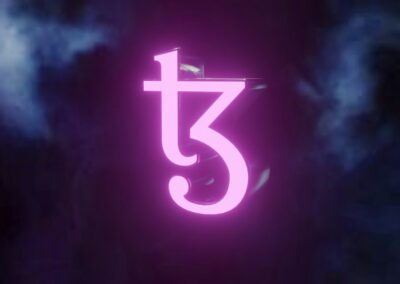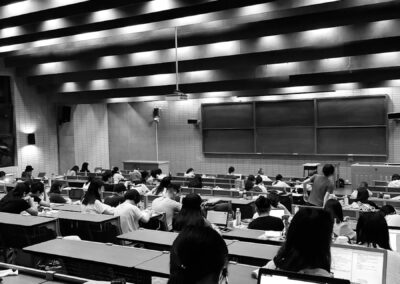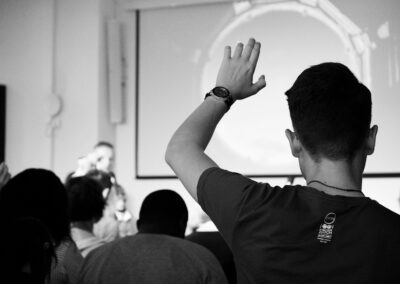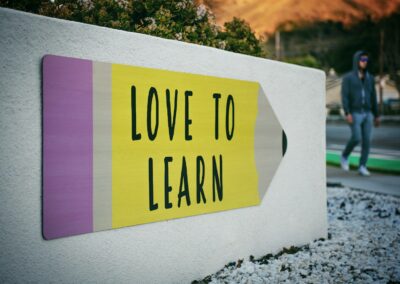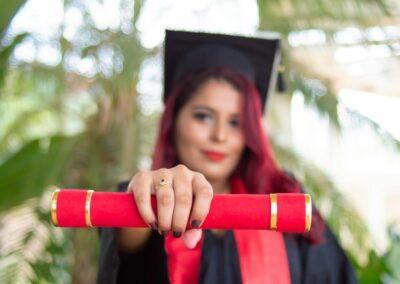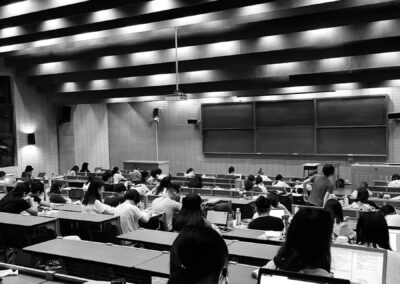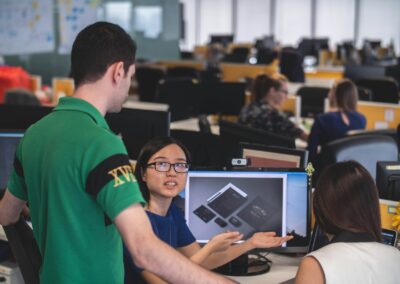How Digital Diplomas and Certificates are Transforming Academic Verifiability
The future of educational blockchain is poised to revolutionize the way academic credentials are issued, verified, and secured. In regions such as Saudi Arabia and the UAE, where educational innovation is a top priority, the adoption of digital diplomas and certificates is rapidly gaining traction. Traditional methods of issuing and verifying academic credentials are fraught with inefficiencies and vulnerabilities. Blockchain technology addresses these challenges by providing a secure, tamper-proof, and transparent system for managing academic records.
In Riyadh, for instance, educational institutions are exploring blockchain to enhance the integrity and reliability of their credentialing processes. By issuing digital diplomas on a blockchain, universities can ensure that academic records are immutable and easily verifiable by employers and other institutions. This not only streamlines the verification process but also significantly reduces the risk of fraud, which is a growing concern in today’s digital age.
Dubai, known for its rapid adoption of cutting-edge technologies, is also leading the way in implementing blockchain in education. Universities and training centers in Dubai are leveraging blockchain to issue digital certificates that are not only secure but also globally recognized. This is particularly beneficial for students who seek international opportunities, as their credentials can be verified quickly and accurately by institutions and employers around the world.
Enhancing Security and Verifiability
One of the most compelling advantages of integrating blockchain into education is the enhanced security it offers. Academic records stored on a blockchain are encrypted and decentralized, making them virtually immune to hacking and unauthorized access. This is a significant improvement over traditional databases, which are often vulnerable to cyber-attacks. For educational institutions in Saudi Arabia and the UAE, adopting blockchain technology means ensuring the highest level of security for their students’ academic achievements.
Furthermore, the verifiability of academic credentials is greatly improved with blockchain. Traditional paper-based diplomas and certificates can be easily forged, leading to widespread issues of credential fraud. Blockchain technology eliminates this risk by providing a transparent and immutable record of academic achievements. Employers and other institutions can verify the authenticity of a candidate’s credentials with a simple scan of a QR code or a blockchain transaction ID, making the process both efficient and reliable.
In addition to security and verifiability, blockchain technology also offers significant administrative benefits. Educational institutions can automate the issuance and verification of diplomas and certificates, reducing the time and resources required for these processes. This allows universities and training centers to focus more on delivering quality education and less on administrative tasks. For business executives and mid-level managers in Saudi Arabia and the UAE, this translates to a more efficient and trustworthy system for evaluating the qualifications of potential employees.
Driving Future Innovations in Education
The adoption of blockchain in education is not just about improving current processes; it is also about driving future innovations. As blockchain technology continues to evolve, its applications in education are expanding. In Riyadh, educational institutions are experimenting with using blockchain to create comprehensive digital portfolios for students. These portfolios can include not only academic credentials but also records of extracurricular activities, skills, and competencies, providing a holistic view of a student’s achievements and capabilities.
Moreover, blockchain technology is facilitating new models of education and learning. For example, the integration of blockchain with the metaverse and generative artificial intelligence can create immersive and personalized learning experiences. Students can earn digital certificates for completing courses and activities within these virtual environments, all of which are recorded and verified on the blockchain. This innovative approach to education is particularly appealing to tech-savvy students in Dubai, who are eager to embrace new technologies.
The future of educational blockchain holds immense potential for transforming the education sector in Saudi Arabia and the UAE. By embracing digital diplomas and certificates, these countries are setting a global standard for secure and verifiable academic credentials. As blockchain technology continues to advance, we can expect to see even more innovative applications that enhance the quality, security, and accessibility of education for students worldwide.
#FutureOfEducationalBlockchain #DigitalDiplomas #BlockchainInEducation #AcademicCertificates #BlockchainSecurity #EducationalTechnology #VerifiableCredentials #DigitalTransformationInEducation


